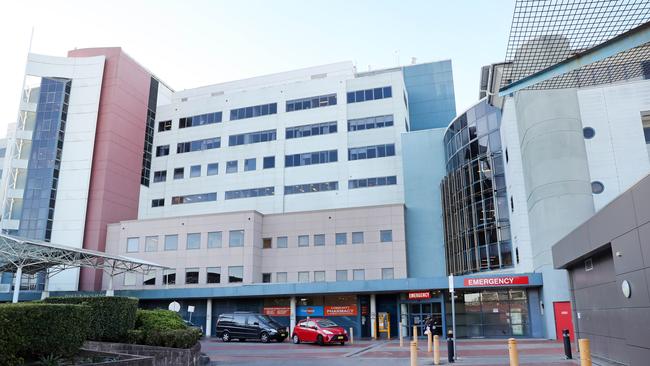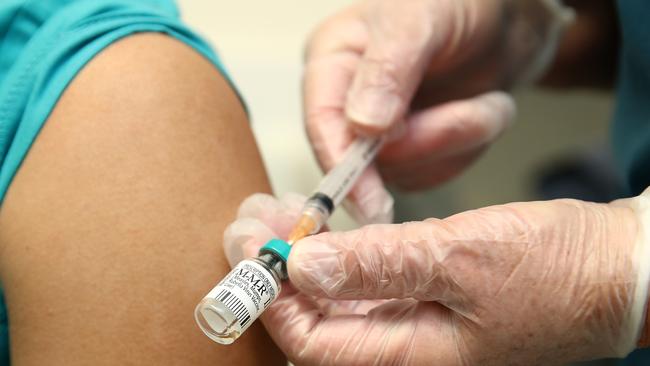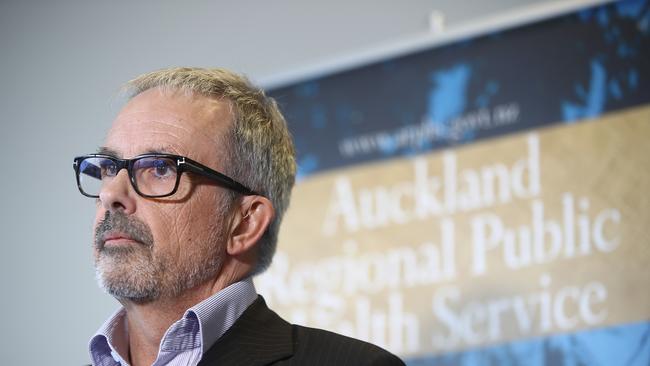Measles case diagnosed in Randwick, health warning
A man has been diagnosed with measles after visiting the Prince of Wales Hospital emergency department. Here is all you need to know about checking for symptoms.

- Fears Yarra Bay cruise terminal moving ahead
- Police investigation over death at Prince of Wales Hospital
A man has been diagnosed with measles after visiting the Prince of Wales Hospital emergency department.
The South Eastern Sydney Local Health District (SESLHD) is urging people who may have been near the man to watch for measles symptoms.
The man in his 40s, who believed he had been vaccinated as a child, attended the emergency
department at the hospital in Randwick from 9pm on Saturday, September 7 to 3am on Sunday, September 8.
The man likely caught the highly-contagious disease while travelling in Queenstown, New Zealand, one of the areas in New Zealand currently experiencing measles outbreaks.

The SESLHD is working with Prince of Wales Hospital to contact people present at the ED at the same time as the measles case.
SESLHD Public Health Unit acting director Catherine Bateman-Steel said while there was no ongoing risk to the public who visit the ED, people who were at the ED at the same time as the man should look out for symptoms until at least September 26.
“Children and adults who have been in the same area as a person infectious with measles are at risk of developing the disease if they were not already immune,” Dr Bateman-Steel said.
“Symptoms of measles include fever, sore eyes and a cough followed three or four days later by a red, blotchy rash spreading from the head and neck to the rest of the body.
“If you develop symptoms please arrange to see your GP as soon as possible and ensure you do not wait in the waiting room with other patients, as measles is highly contagious.

“While the risk of infection is low in fully-vaccinated people, health experts urge anyone who comes into contact with someone who has measles to remain alert for symptoms and seek medical care if they develop.”
Dr Bateman-Steel said the measles-mumps-rubella (MMR) vaccine is safe and highly effective, with two doses providing lifelong protection in 99 out of 100 people who are vaccinated.
“NSW Health offers free MMR vaccine via GPs for anyone born during or after 1966 who hasn’t already had two doses. If you are unsure whether you have had two doses, it is safe to have another dose.”
SESLHD is urging people travelling overseas to ensure they are fully vaccinated before heading off.
Outbreaks of measles in popular tourist destinations means the risk for measles being imported into Australia is high.
Measles is highly contagious and is spread through coughing or sneezing by someone who is
unwell with the disease and can remain in the air even after the person has left the room.
The latest Annual Immunisation Coverage Report shows vaccination rates in NSW are at their
highest level ever, with more than 95 per cent of five year olds vaccinated against measles.
IN OTHER NEWS
